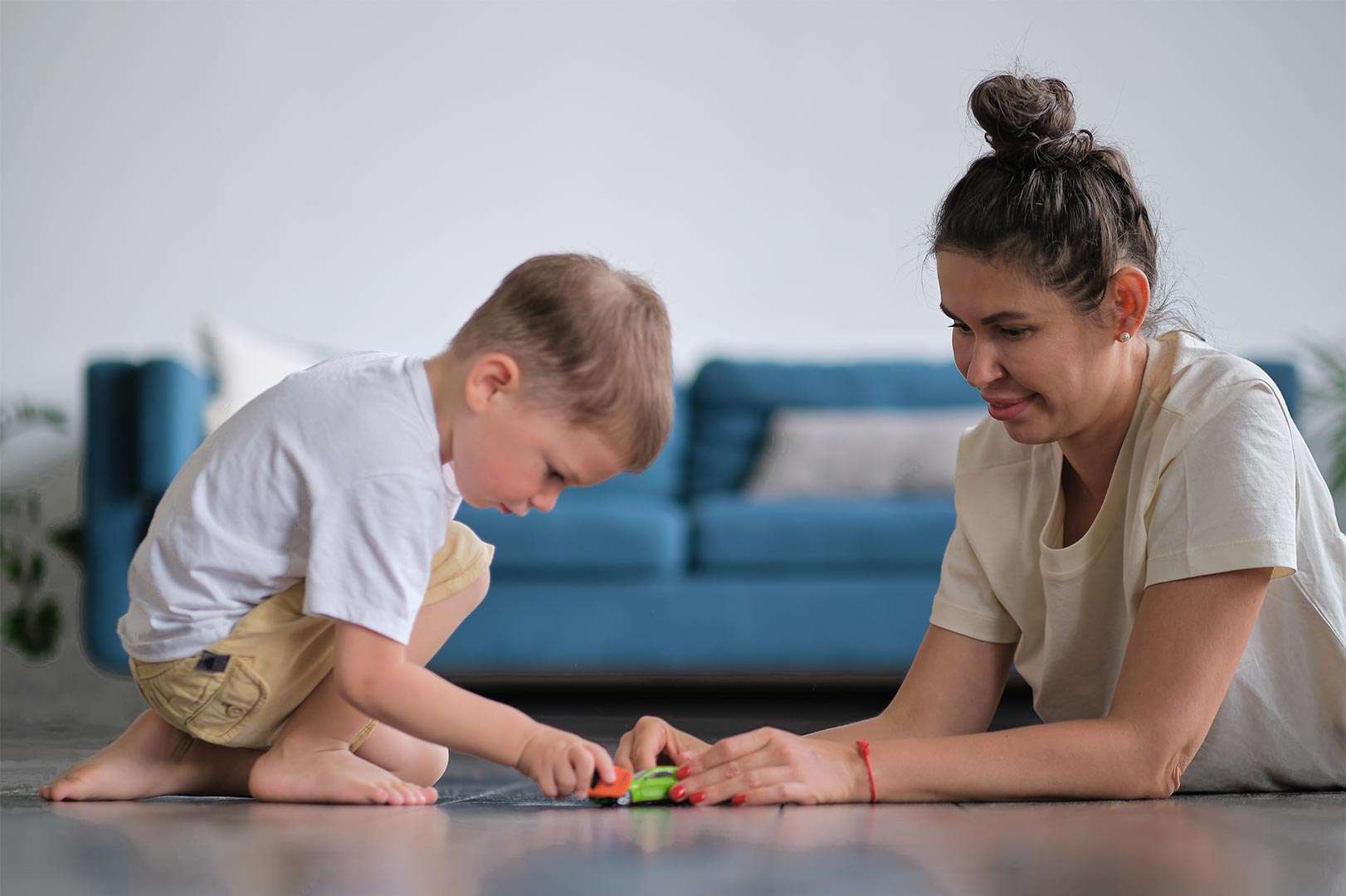Phonics, phonics, phonics. It’s a word that’s thrown around a lot in the world of education, but what does it really mean? And why is it so important for children to learn?
In short, phonics is the relationship between letters and sounds. It’s the foundation of reading, and it’s essential for children to learn it early on. When children understand phonics, they can decode any word they see, regardless of whether they’ve ever seen it before.
Why is phonics so important?
There are many reasons why phonics is so important for children to learn. Here are just a few:
- It helps children learn to read accurately. When children know how to sound out words, they’re less likely to make mistakes when reading.
- It helps children learn to read fluently. Phonics helps children develop the automaticity they need to read quickly and smoothly.
- It helps children learn to read independently. Once children know phonics, they can decode any word they see, without having to rely on an adult for help.
- It helps children learn to spell. Phonics helps children develop a deep understanding of the relationship between letters and sounds, which is essential for spelling.
- It helps children learn to pronounce words correctly. Phonics helps children learn how to sound out words correctly, even if they’ve never seen them before.
How does phonics work?
Phonics works by teaching children the relationship between letters and sounds. There are two main types of phonics: synthetic phonics and analytic phonics.
- Synthetic phonics teaches children the individual sounds of letters, as well as how to blend those sounds together to form words. For example, a child might learn that the letter “a” makes the sound “/æ/”, and the letter “t” makes the sound “/t/. They would then learn how to blend those sounds together to form the word “at”.
- Analytic phonics teaches children to break down words into smaller parts, such as syllables and onsets and rimes. For example, a child might learn that the word “cat” has two syllables: “cat” and “at”. They would also learn that the onset of the word is “c” and the rime is “at”. Once they know how to break down words into smaller parts, they can use that knowledge to decode any word they see.
How to teach phonics
There are many different ways to teach phonics. Some teachers use structured phonics programs, while others use a more informal approach. There is no right or wrong way to teach phonics, as long as children are learning the relationship between letters and sounds.
Here are a few tips for teaching phonics:
- Make it fun and engaging. Children are more likely to learn phonics if they’re having fun. There are many different ways to make phonics fun and engaging, such as using games, songs, and activities.
- Be consistent. It’s important to be consistent when teaching phonics. Children need to practice regularly in order to learn the relationship between letters and sounds.
- Provide feedback. It’s important to provide children with feedback on their phonics skills. This will help them to identify their strengths and weaknesses, and to track their progress over time.
Phonics is a vital skill for all children to learn. It’s the foundation of reading, and it’s essential for children to develop early on. If you’re looking for ways to help your child learn phonics, there are many resources available online and in libraries. You can also talk to your child’s teacher about the best way to support their phonics learning at home.
Find out if your child needs extra support today!
- My child screams hysterically
- My child is mean to other children
- My child is always worried
- My child is scared to go to school
- My child is scared of loud noises
- My child doesn’t know how to read
- My child is scared to play outside
- My child does not respond to his name
- My child always gets in trouble
- My child fights with other children
- My child doesn’t know how to count
If you are concerned about your child’s development, contact us for Assessments: Phone/Telegram: 077.455.993 – Telegram Link: https://t.me/OrbRom
If you are concerned about your child’s development, contact us for Assessments.
Phone/Telegram: 077.455.993 Link: https://t.me/OrbRom






Leave A Comment